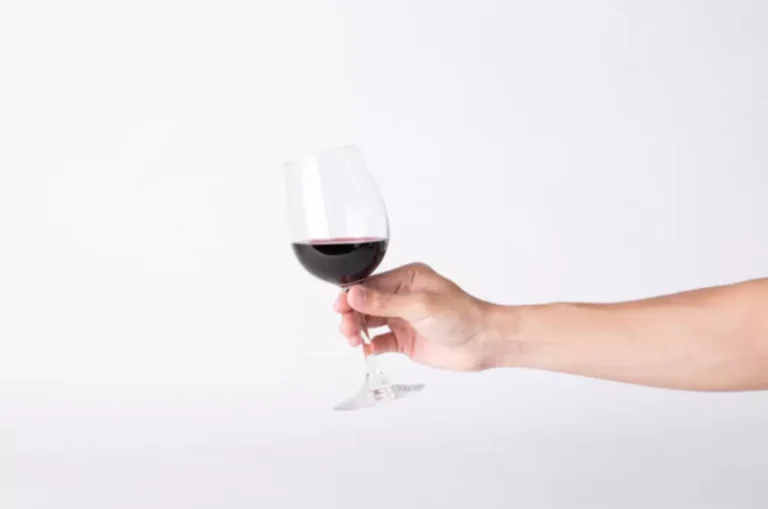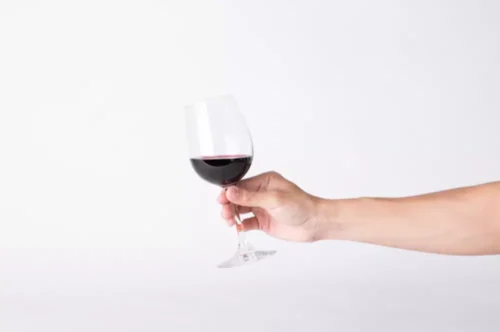Sober living
A Single Dose of Kudzu Extract Reduces Alcohol Consumption in a Binge Drinking Paradigm PMC

If you have ever driven through the South and looked into fields and wooded areas noticing a vine-like plant resembling a topiary, chances are that plant was kudzu. Kudzu root, also known as kuzu, is mostly used as an herb in Traditional Chinese Medicine. Data from the actiwatch device was the primary source for all analyses while the daily diary served as a back up to verify daily totals and in case of equipment failure. In addition, the diaries permitted the participants to enter additional data that could not be recorded on the watch.
How Alcohol Addiction Is Like an Abusive Relationship

Specifically, in a prospective, randomized, double-blind controlled clinical trial they found no difference between Kudzu and placebo after a one month treatment period in either reducing alcohol craving and or promoting sobriety. Interestingly, the BBC did its own little study and found that subjects who consumed the kudzu supplement prior to drinking actually consumed 20 percent less alcohol than usual. More studies are needed, but kudzu could be promising for those battling alcoholism. (2) This, in turn, could help prevent or treat cirrhosis and other alcohol-related conditions as well. Kudzu root has been given the honor of helping reduce the painful effects of a hangover, though it seems that if overused, it could be more harmful than good. It does this by raising the alcohol levels so the person using it gets the effect of alcohol without drinking as much.
Pharmacotherapy of alcoholism: gaps in knowledge and opportunities for research

However, because it supports the immune system and alcohol suppresses it, some people may take supplements with selenium for its immune-boosting properties. Milk thistle is an herb related to daisies and ragweed that is sometimes used to treat liver damage, including alcoholic liver disease. Experts think it might work by protecting the liver and lowering specific proteins like collagen produced by the body. That said, little information is available about its use during alcohol withdrawal. A growing number of double-blind, peer-reviewed https://ecosoberhouse.com/ studies have confirmed the effectiveness of using kudzu for alcoholism.
- These phytochemicals can help fight disease caused by inflammation, treat alcoholism, reduce blood pressure, fight the flu, reduce symptoms of menopause and more.
- Consuming large quantities of alcohol or carbohydrates (carbohydrate bingeing) stimulates the brain’s production and utilization of dopamine.
- “Kudzu root extract contains isoflavones, which appear to lower cholesterol, blood pressure, blood sugar, and insulin levels,” Beckerman says.
The big blood pressure experiment

The plant contains phytoestrogens, which are compounds that mimic the effects of estrogen in the body. This copyrighted material is provided by Natural Medicines Comprehensive Database Consumer Version. Information from this source is evidence-based and objective, and without commercial influence. For professional medical information on natural medicines, see Natural Medicines Comprehensive Database Professional Version.
Drug and Alcohol Dependence
This is because isoflavones can help dilate blood vessels, allowing for better blood flow. Kudzu may also help reduce the risk of blood clots, which can lead to heart attacks and strokes. We found that, on average, each person consumed 7 units of alcohol after the placebo and, on average, 5.5 units after the kudzu. The root in particular is valued for its medicinal properties, and the beneficial effects are thought be down to a group of compounds found in high concentrations within the plant, called isoflavones. Some people have a genetic predisposition to becoming dependent on alcohol and may be more vulnerable to the reinforcing effects it can have. There are emotional and psychological contributors to cravings, including stress, depression and anxiety, which can lead to using alcohol as a way to self-medicate.
How can I stay safe when buying medicines online?
These services can also assist in the process of alcohol detox and help with the development of coping skills to prevent setbacks. Additionally, depending on the severity of alcohol dependence, withdrawal from alcohol can have life-threatening side effects and should be completed under the supervision of medical staff in an alcohol rehab treatment facility. While kudzu root has a long history in traditional Chinese medicine, people most often use it to help treat alcohol dependence. Unfortunately, magnesium deficiency is common in those who struggle with alcohol. For this reason, people who drink heavily may benefit from magnesium supplements.
May reduce alcohol dependence

Nine of the ten participants had previously tried other programs to eliminate alcohol cravings and intake with little or no success. The study was done in an at-home basis to allow for better compliance and prove if this program could be successful without daily intervention in a natural setting 11. Each subject had full time access to the study coordinator and had weekly contact with the coordinator during the full 8 week term. Subjects were all Caucasian, lower to middle income, residing in a small Midwestern town. Each subject was interviewed in person and determined to be actively drinking on a regular basis, all exceeding what would be considered normal consumption ranging from 1–2 times per week to drinking on a daily basis. Several of the subjects had been drinking for many years and often drank to or past the point of inebriation.
Kudzu root is the edible part of a trailing vine native to several Asian countries. People have used it for many years in traditional Chinese medicine, and it resembles other root tubers, like yams. The kudzu plant resembles poison ivy, so it’s important to know how to identify it correctly. Role of Funding Source Funding for this study was provided by NIAAA grant R01-AA10536 to Dr. Lukas and NCCAM grant P01-AT to Dr. Lee.
- Note that the numbers in parentheses (1, 2, etc.) are clickable links to these studies.
- A total of 21 adult males (17 Caucasian, 1 African American, 2 Hispanic, 1 Middle Eastern; mean age 23.8 ± 3.46 years, range 21–33) were recruited through advertisements in local and college newspapers and flyers posted in the Boston area.
- Kudzu works somewhat similarly to acamprosate in many ways, but since it is an approved prescription medication, there’s more clinical evidence to show the benefits of acamprosate.
- Two hours before the first visit, we gave both sub-groups a pill – neither group knew whether they were getting the supplement or the placebo.
- The present study was conducted in non treatment-seeking heavy drinkers to assess the safety and efficacy of four weeks of kudzu extract in an outpatient setting.
However, these authors noted that there was a large dropout rate, subjects were not supervised while they completed the questionnaires, and there was only a single assessment each month. All of the above factors may have contributed kudzu to stop drinking to the negative findings of this study. The ActiWatch® Score device contains an accelerometer that was used to record sleep/wake activity. We have previously reported on the sleep/wake patterns of the participants in this study (Bracken et al., 2011). “There are anti-inflammatory properties in kudzu, which may help reduce inflammation in the body,” Beckerman says.
Kudzu and Alcoholism
We recently demonstrated that kudzu extract does not potentiate the intoxicating effects of alcohol (Penetar et al., 2010) and it does not interfere with sleep wake activity (Bracken et al., 2011). In addition, this was not a treatment clinical trial, so the effects on alcohol intake might have been more robust in treatment-seeking individuals. We developed a standardized kudzu extract that preserved the ratio of the major isoflavones found in the raw root, except that the concentration of isoflavones was increased to 25%. All of the above mentioned mechanisms, with the exception of a disulfiram-like one, require repeated administration and time to develop. Since consuming alcohol while taking kudzu extract is not aversive, another explanation is necessary to account for the extremely fast onset of action observed in the present study.

